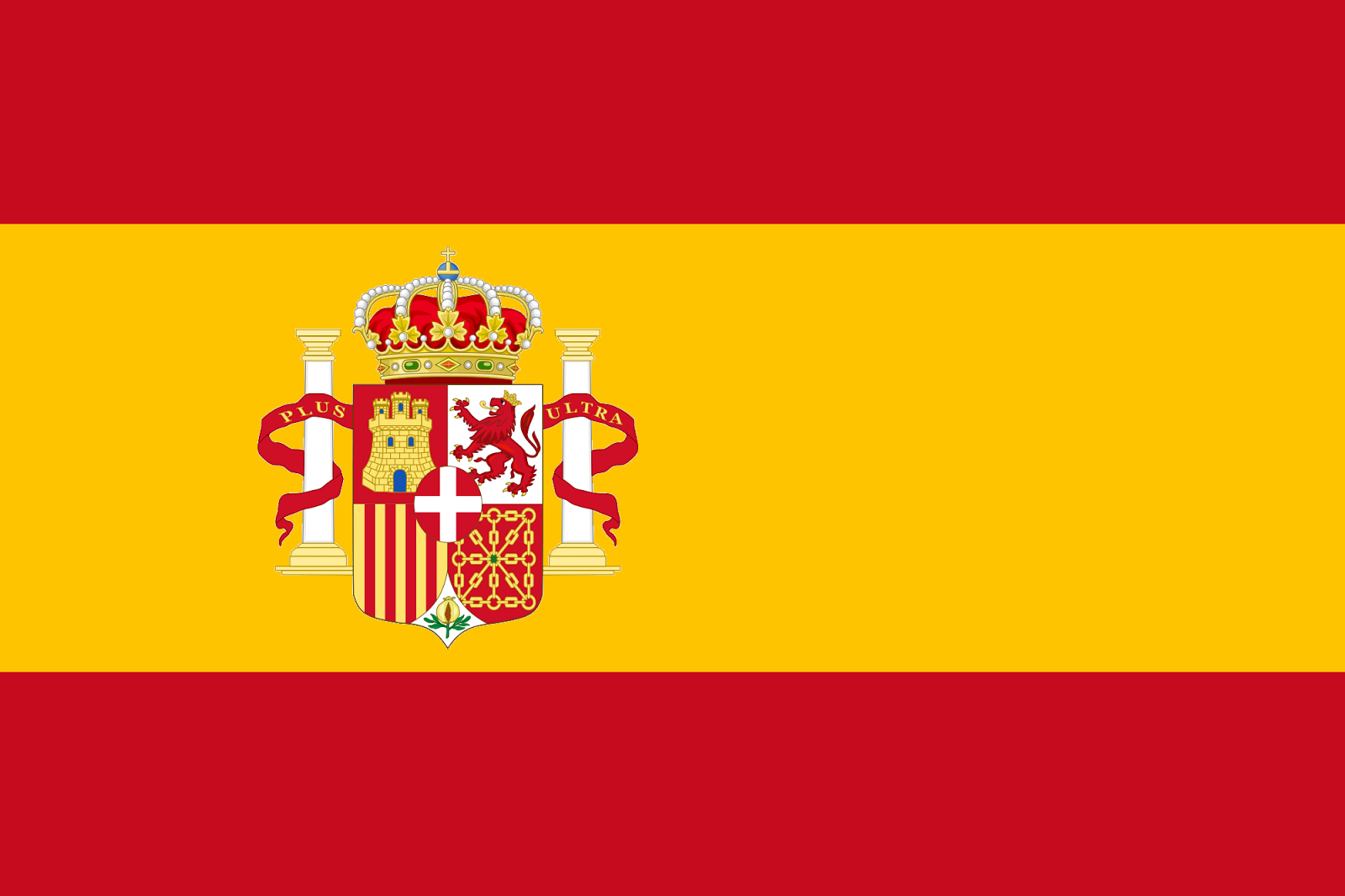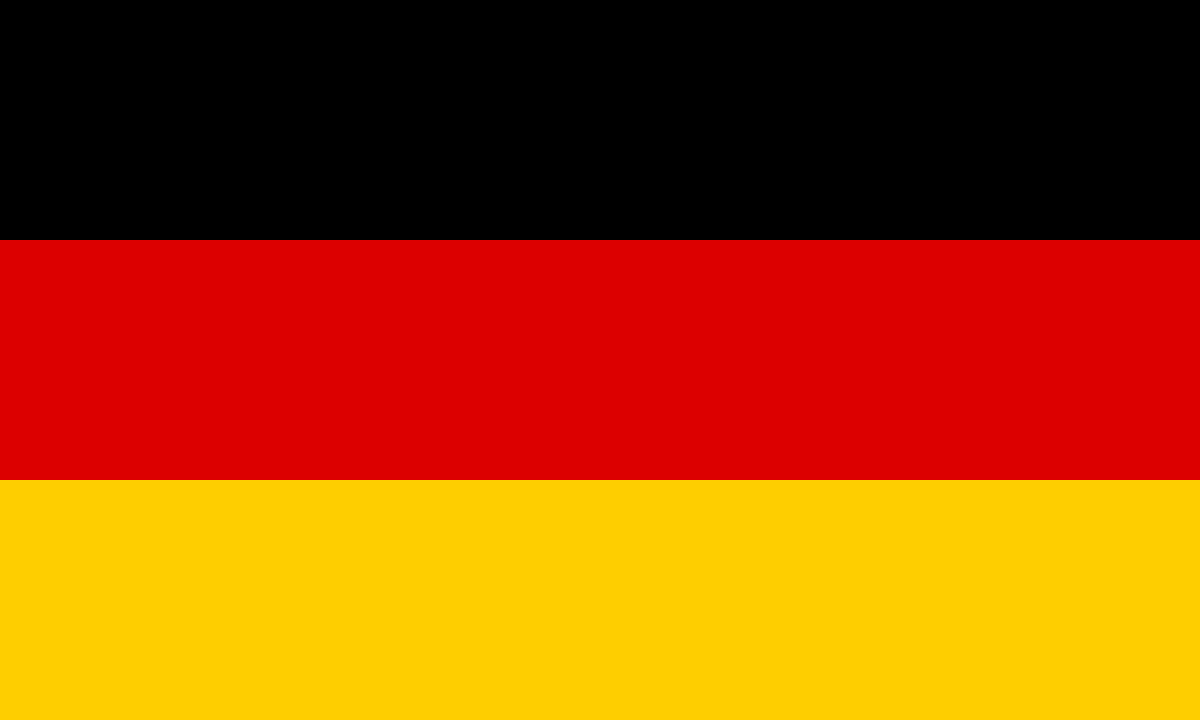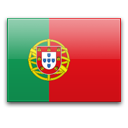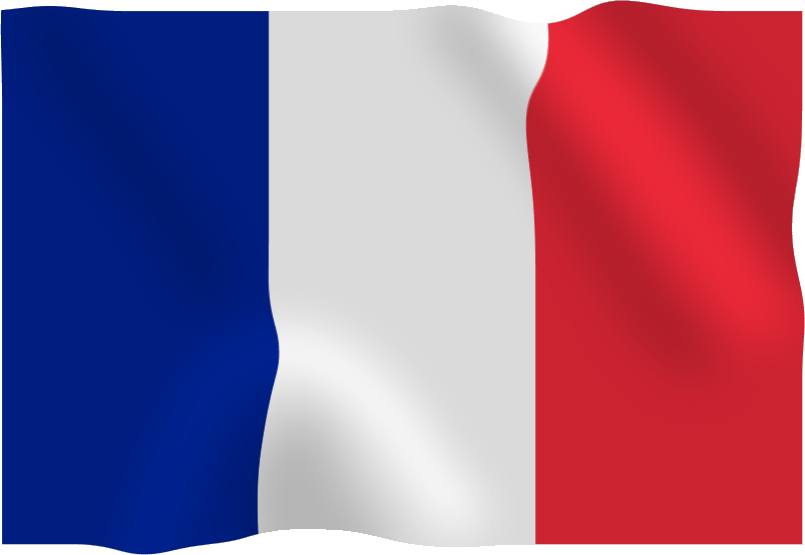Local classified ads in Africa and worldwide

Classifieds in Africa free advertising
At the southernmost point of Africa is South Africa. Namibia, Botswana, Zimbabwe, Mozambique, Swaziland, and Lesotho are its neighbors; South Africa encircles Lesotho entirely. With 11 official languages and a population that is equally diverse, it is a sizable nation with a variety of geographical features. In addition to producing some of the most gold in the world, South Africa is well known for its wines. South Africa is a major player in African politics and has the continent's strongest economy. The first Football World Cup to take place on the African continent was held in 2010 in South Africa.
The country of South Africa is divided into 9 provinces:
The nation's capital in terms of government is Pretoria. The capital of the province, the economic hub of Africa, and the primary gateway to Southern Africa is Johannesburg. Cape West.
Table Mountain and the Cape of Good Hope are two well-known landmarks in Cape Town, the nation's capital and the place where Parliament is located. Southeast Cape.
The Tsitsikamma, or remaining portion of the Garden Route. The Wild Coast, one of the former homelands, has breathtaking coastlines free of tourists. Excellent beaches can be found in East London, Jeffreys Bay, and Port Elizabeth, the surfing capital of South Africa. Upper Cape.
Kimberley, the capital city, is well-known for its diamonds and the "Big Hole." Second-largest city in the largest province with the fewest inhabitants, Upington serves as a good home base for exploring the Kalahari desert. Free State. The Constitutional Court has been located in Johannesburg since 1994, while the Supreme Court of Appeal is located in Bloemfontein, the country's capital. KwaZulu-Natal.
Durban, the third-largest city in South Africa and the largest city in the province, is a well-liked coastal vacation spot for South Africans. North Western. Known for Sun City, Rustenburg Mpumalanga.
Nelspruit, the Kruger National Park's southernmost section and the country's capital, serves as a gateway to Mozambique. Limpopo.
A good starting point for trips to Zimbabwe and the northern Kruger National Park is the nation's capital Polokwane (previously known as Pietersburg).
Adult classified ads in Africa personals
Pretoria, the nation's administrative capital, Cape Town, the nation's legislative hub and home to Parliament, a renowned city named after the Cape of Good Hope's proximity. South Africa's winelands are also close by. It is regarded as one of the most beautiful cities in the world and is a well-liked summer vacation spot for both domestic and international visitors. It is situated between the sea and Table Mountain. Located in Bloemfontein, the Supreme Court of Appeal is the highest court for non-constitutional cases. In 1994, the Johannesburg Constitutional Court was elevated to the status of the highest court for constitutional issues. Durban is South Africa's third-largest city, the largest in KwaZulu-Natal, and a well-liked coastal vacation spot for its citizens. Informally referred to as "Harties," Hartbeespoort is a small resort community in South Africa's North West Province. It is located on the banks of the Hartbeespoort Dam and the Magaliesberg mountain range. Newcastle is the capital of Northern KZN and the third-largest city in KwaZulu-Natal and South Africa overall. It is well known for producing steel, mining coal, heavy industry, and being the center of South Africa's textile industry. The most frequent entry point into Southern Africa is Johannesburg, the continent's economic hub. Polokwane, formerly known as Pietersburg, is the capital of Limpopo and a good starting point for trips to Zimbabwe and the northern Kruger National Park. Port Elizabeth is a coastal city in the Eastern Cape that is close to the Addo Elephant National Park. The provincial capital of the Northern Cape is Kimberley. the "Big Hole" and diamonds that it is renowned for. Upington is a good starting point for exploring the Kalahari desert and the many national parks in the Northern Cape. It is located in the dry Northern Cape province. City on the coast in the Eastern Cape called East London is close to the Wild Coast.
In the Indian Ocean, off the eastern coast of Africa, on a sizable island bearing the same name, there is a nation known as Madagascar. The island ranks fourth in terms of size worldwide.
Adult classifieds in Madagascar
In Madagascar, those who identify as lesbian, gay, bisexual, or transgender (LGBT) face legal obstacles that do not apply to non-LGBT citizens. Madagascar allows same-sex relationships between people who are at least 21 years old. For acts that are "indecent or against nature with a person of the same sex under the age of 21," the Penal Code stipulates a prison term of two to five years and a fine of 2 to 10 million ariary (US$900 to US$4,500).
Escort classifieds in Africa
When you're traveling, it can be difficult to find an escort. A woman looking for a relationship that benefits both people is a great substitute for an escort. For a kind guy, there are a lot of horny girls who will do anything. To hook up right away with a stunning young woman, check here.
Gay rights in Zimbabwe
Male same-sex sexual activity is prohibited in Zimbabwe by laws that date back to the Rhodesian and British colonial eras, which has a significant impact on LGBT rights in that country. Government campaigns targeting homosexual men and women have been underway since 1995.
Zimbabwe has a few smaller cities in addition to three major ones.
The capital and largest city of Zimbabwe is Harare, which is a thriving city in a larger metropolitan region. By both population and economic output, Bulawayo is the second-largest city in the world. The 2013 UNWTO General Assembly was co-hosted in Zimbabwe's top vacation destination, Victoria Falls. Midlands Province's capital is Gweru. The largest city closest to the picturesque Eastern Highlands is Mutare. Masvingo, which means "ruins," was given its name in honor of the nearby Great Zimbabwe National Monument. Located on the Zambian border, Kariba is a lakeside vacation destination.
Safety and tips in Africa
There aren't many quakes, cyclones, tornadoes, floods, terrorist attacks, or contagious diseases in South Africa (HIV is a notable exception).
Although South Africa has some of the highest rates of violent crime in the world, you should still have a safe and enjoyable trip, just like hundreds of thousands of other travelers do every year, by being alert and using common sense. The key is to be aware of and adhere to general safety precautions, such as never walking alone at night in deserted areas or flashing cash or pricey accessories.
The townships can be visited, but unless you really know where you're going, avoid traveling by yourself. While some townships are safe, others can be very risky. Make use of a knowledgeable guide. The townships are accessible through some tour companies' perfectly secure guided tours.
It can be extremely dangerous to go for a nighttime stroll or to walk to places after dark. There, it simply isn't a part of the culture like it is in Europe, North America, or Australia. The best option for an "evening out" is to take a taxi (a metered cab, not a minibus taxi) or a private vehicle. The same holds true for helping out at scenes of broken-down cars or picking up hitchhikers. It is best to disregard anyone who seems to be in trouble by the side of the road because it might be a con. Continue walking until you come to a police station, then report what you saw there.
When driving at night, use extra caution. Large stretches of South African roads, particularly in rural areas, are frequently dimly lit or completely unlit, unlike in Europe and North America. Highways are among them. In smaller towns (not in cities like Pretoria, Johannesburg, or Cape Town), people and animals frequently cross the road in the middle of the street, so exercise extra caution. Additionally, due to the slight possibility of carjackings, you must drive with extra caution in South Africa.
"South Africa has one of the highest rates of HIV infection worldwide. Out of 48 million people, 5.1 million are HIV positive.
Over 17 percent of people older than 2 years in KwaZulu-Natal have HIV infection rates that range from 2 percent in the Western Cape to 18 point 8 percent overall among South Africans over the age of 15. An estimated one in five males and one in four females between the ages of 20 and 40 are infected.
 HUB
HUB POST
POST

 EN
EN
 RU
RU LV
LV ESP
ESP DE
DE PT
PT ZH
ZH FR
FR

